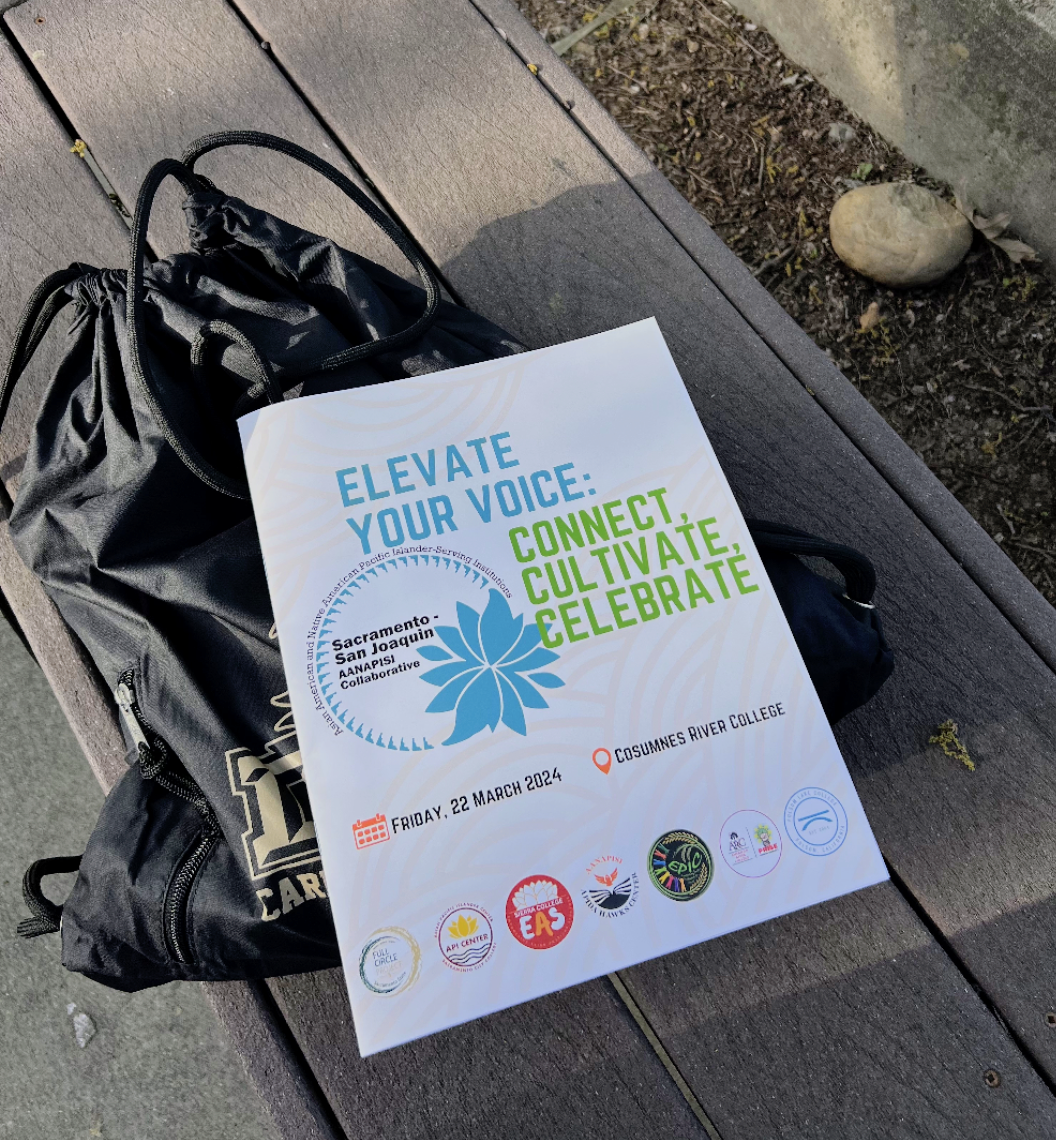Cosumnes River College hosted the first Asian American, Native Hawaiian and Pacific Islander-Serving Institute leadership conference in the Sacramento-San Joaquin region on Friday, Extended Opportunity Programs and Services counselor Paolo Soriano said.
AANAPISI is one of eight federally designated Minority-Serving Institution (MSI) programs and was established by Congress in 2007, according to the CRC website.
The conference featured nine workshops for students to choose from between two time slots. Throughout these workshops, students were informed about Hmong people, Asian American studies at Sacramento State University, Asian Americans, the pandemic and more.
“Not hiding your genius, not hiding your culture, not hiding your name to make it easier for someone to pronounce to make them comfortable,” College President Edward Bush said.
Prejudice and adversity towards the AANHPI community were illustrated by welcome speaker Dr. Annie Lam, executive director of The League of California Cities Asian Pacific Islander Caucus in Sacramento, Founder of APIs Mobilize and CRC alumni. She shared her personal experiences growing up in Sacramento.
“In our society and in many workplaces the default image of a leader is based on traits of white men,” Lam said. “Whiteness becomes an invisible standard that racial groups and people are judged against whether it’s beauty or leadership style.”
Many of the students raised their hands when asked if they could relate to an experience regarding language barriers, assumptions from authoritative figures or a general lack of awareness towards AANHPI throughout the community.
In the workshop “Untold Truth of AANHPI Historical Figures,” Soriano presented contemporary figures and previous leaders who shared the same cultural heritage as the AANHPI students. The workshop’s goal was to find leaders that relate to the students, Soriano said.
“It’s important because a lot of times we as Asian Pacific Islanders have to separate our identities from higher education or leadership,” Folsom Lake College student personnel assistant James Le said. “Having a space where these things intertwine is important and powerful, understanding that our history and background is important to learn.”
In total, the conference hosted students from seven different educational institutions and the conference took eight months to coordinate, Soriano said.
The conference served free food, ending with a mixer and panel, allowing the students to network with counselors, professors, commissioners and other faculty.
This story has been updated to reflect the addition of Dr. Annie Lam’s title as founder of APIs Mobilize.

